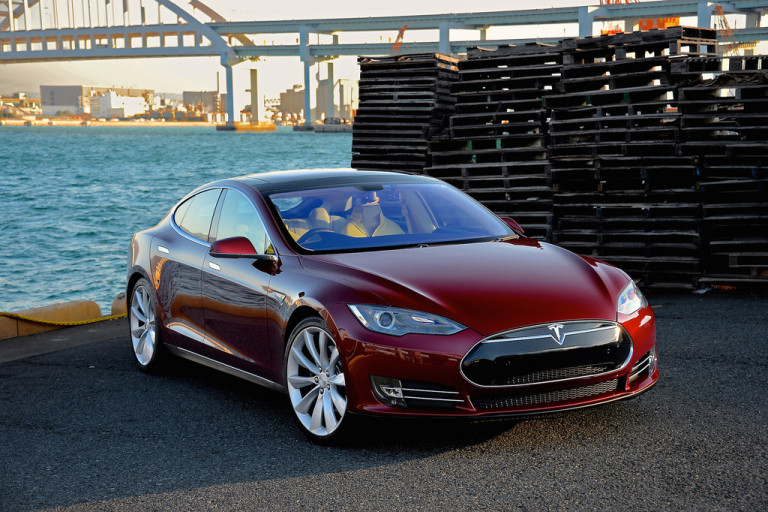By Kaiser Shaffer, Web Editor
2016 is starting off busy for the automotive industry.
In the past few weeks, both the Consumer Electronics Show in Las Vegas and the North American International Auto Show in Detroit have made announcements that give a glimpse into what travel may look like in a few years. Based on what the major companies unveiled, the car of the future will be fully autonomous and electric, driving us around without the need for human drivers or gasoline.
General Motors used CES to break the news of their consumer version of the fully electric Chevy Bolt. After revealing a prototype version of the same car last year, GM is now ready to put the car on the road this year. The Bolt features a compact design that allows it to get up to 200 miles on a single charge and will come with a $30,000 price tag after rebates. Some may scoff at such a price for the tiny car, but it is the first to be able to hit the sweet spot between price and distance in an electric vehicle market that has primarily focused on premium vehicles.
The same week, Tesla announced new self-driving features for their line of vehicles. New to the Model S and X lines is a feature called “Summon” which will allow owners to have their car park itself at the press of a button. “Summon” will allow the car to move in and out garages, opening and closing connected garage doors as needed. It’s a nice feature that, combined with the preexisting “Autopilot” suite of self-driving features, help Tesla work towards their goal of having fully autonomous vehicles ready in 2021.
While many other car manufactures unveiled electric and self-driving equipped cars at the Detroit Auto Show, some of the biggest news of the show came from the US Secretary of Transportation’s announcement of new programs to help states develop a unified policy that would open up more roads to more autonomous car testing. Currently, each state has different rules for self-driving cars whereas the Department of Transportation would help to make each state’s policy similar enough to avoid car manufactures having to work around a confusing mess of rules. The DOT also has decided to push for legal avenues for the eventual fully autonomous vehicle that could potentially drive itself without the need for any human involvement.
BMW, in response to the Obama’s administration new approach to self-driving features, announced their commitment to updating their 7 Series class of vehicles with new hardware to allow for new self-parking features reminiscent of Tesla’s own “Summon”. The Germany-based company has been selling the same version of the car with self-parking features included in Europe already, so this news came as a welcome surprise to US owners.
With all of this new development, 2016 could be a groundbreaking year for the formation of the automotive industry of the future.




